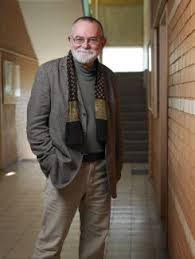Pléh Csaba nagy figyelmet keltő előadást tartott konferenciánkon a rankingekről és arról, mit tud a pszichológia a kiválóságról, valamint a pszichológián belüli vezető tudományos személyiségek kiemelkedéséről. Egy előzetes interjú (14:30-tól):

Pléh Csaba nagy figyelmet keltő előadást tartott konferenciánkon a rankingekről és arról, mit tud a pszichológia a kiválóságról, valamint a pszichológián belüli vezető tudományos személyiségek kiemelkedéséről. Egy előzetes interjú (14:30-tól):

 Dr. habil György Fábri (1964) is an habilitated associate professor (Institute of research on Adult Education and Knowledge Management, Faculty of Education and Psychology of Eötvös Loránd University), head of the Social Communication Research Group. Areas of research: university philosophy, sociology of higher education and science, science communication, social communication, church sociology. His monograph was published on the transformation of Hungarian higher education during the change of regime (1992 Wien) and on university rankings (2017 Budapest). He has edited several scientific journals, and his university courses and publications cover communication theory, university philosophy, science communication, social representation, media and social philosophy, ethics, and church sociology.
Dr. habil György Fábri (1964) is an habilitated associate professor (Institute of research on Adult Education and Knowledge Management, Faculty of Education and Psychology of Eötvös Loránd University), head of the Social Communication Research Group. Areas of research: university philosophy, sociology of higher education and science, science communication, social communication, church sociology. His monograph was published on the transformation of Hungarian higher education during the change of regime (1992 Wien) and on university rankings (2017 Budapest). He has edited several scientific journals, and his university courses and publications cover communication theory, university philosophy, science communication, social representation, media and social philosophy, ethics, and church sociology.

He obtained the academic degrees: Chemical Engineering from the University of São Paulo (1985), Bachelor in Physics from the University of São Paulo (1986), Master in Space Sciences/Orbital Mechanics from the National Institute for Space Research (INPE) (1989), Master’s (1991) and Doctorate in Aerospace Engineering (1993) at the University of Texas at Austin. He participated as a member of the Astrodynamics Committee of the “International Astronautical Federation (IAF)” for twelve years and elected “Associate Fellow” by the American Institute of Aeronautics and Astronautics (AIAA). He was general coordinator of the graduate school at the National Institute for Space Research (INPE) from 2007 to 2020. Participated as evaluator for the international academic rankings “Times Higher Education World University Rankings” and “QS World University Rankings”, both for the version 2021. Currently he is professor in aerospace engineering at INPE performing research in astrodynamics and academic rankings.
 Dr. Mircea Dumitru is a Professor of Philosophy at the University of Bucharest (since 2004). Rector of the University of Bucharest (since 2011). President of the European Society of Analytic Philosophy (2011 – 2014). Corresponding Fellow of the Romanian Academy (since 2014). Minister of Education and Scientific Research (July 2016 – January 2017). Visiting Professor at Beijing Normal University (2017 – 2022). President of the International Institute of Philosophy (2017 – 2020). President of Balkan Universities Association (2019 – 2020). He holds a PhD in Philosophy at Tulane University, New Orleans, USA (1998) with a topic in modal logic and philosophy of mathematics, and another PhD in Philosophy at the University of Bucharest (1998) with a topic in philosophy of language. Invited Professor at Tulsa University (USA), CUNY (USA), NYU (USA), Lyon 3, ENS Lyon, University of Helsinki, CUPL (Beijing, China), Pekin University (Beijing, China). Main area of research: philosophical logic, metaphysics, and philosophy of language. Main publications: Modality and Incompleteness (UMI, Ann Arbor, 1998); Modalitate si incompletitudine, (Paideia Publishing House, 2001, in Romanian; the book received the Mircea Florian Prize of the Romanian Academy); Logic and Philosophical Explorations (Humanitas, Bucharest, 2004, in Romanian); Words, Theories, and Things. Quine in Focus (ed.) (Pelican, 2009); Truth (ed.) (Bucharest University Publishing House, 2013); article on the Philosophy of Kit Fine, in The Cambridge Dictionary of Philosophy, the Third Edition, Robert Audi (ed.) (Cambridge University Press, 2015), Metaphysics, Meaning, and Modality. Themes from Kit Fine (ed.) (Oxford University Press, forthcoming).
Dr. Mircea Dumitru is a Professor of Philosophy at the University of Bucharest (since 2004). Rector of the University of Bucharest (since 2011). President of the European Society of Analytic Philosophy (2011 – 2014). Corresponding Fellow of the Romanian Academy (since 2014). Minister of Education and Scientific Research (July 2016 – January 2017). Visiting Professor at Beijing Normal University (2017 – 2022). President of the International Institute of Philosophy (2017 – 2020). President of Balkan Universities Association (2019 – 2020). He holds a PhD in Philosophy at Tulane University, New Orleans, USA (1998) with a topic in modal logic and philosophy of mathematics, and another PhD in Philosophy at the University of Bucharest (1998) with a topic in philosophy of language. Invited Professor at Tulsa University (USA), CUNY (USA), NYU (USA), Lyon 3, ENS Lyon, University of Helsinki, CUPL (Beijing, China), Pekin University (Beijing, China). Main area of research: philosophical logic, metaphysics, and philosophy of language. Main publications: Modality and Incompleteness (UMI, Ann Arbor, 1998); Modalitate si incompletitudine, (Paideia Publishing House, 2001, in Romanian; the book received the Mircea Florian Prize of the Romanian Academy); Logic and Philosophical Explorations (Humanitas, Bucharest, 2004, in Romanian); Words, Theories, and Things. Quine in Focus (ed.) (Pelican, 2009); Truth (ed.) (Bucharest University Publishing House, 2013); article on the Philosophy of Kit Fine, in The Cambridge Dictionary of Philosophy, the Third Edition, Robert Audi (ed.) (Cambridge University Press, 2015), Metaphysics, Meaning, and Modality. Themes from Kit Fine (ed.) (Oxford University Press, forthcoming).
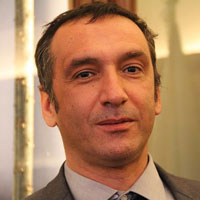 Mr. Degli Esposti is Full Professor at the Department of Computer Science and Engineering, Deputy Rector Alma Mater Studiorum Università di Bologna, Dean of Biblioteca Universitaria di Bologna, Head of Service for the health and safety of people in the workplace, President of the Alma Mater Foundation and Delegate for Rankings.
Mr. Degli Esposti is Full Professor at the Department of Computer Science and Engineering, Deputy Rector Alma Mater Studiorum Università di Bologna, Dean of Biblioteca Universitaria di Bologna, Head of Service for the health and safety of people in the workplace, President of the Alma Mater Foundation and Delegate for Rankings.
Mr. Degli Esposti is also a member of the QS Intelligence Unit Advisory Board, National Coordinator for Italy for the UI GreenMetric Network, and coordinator of a working group on Academic rankings at the Conference of Italian University Rectors, CRUI.
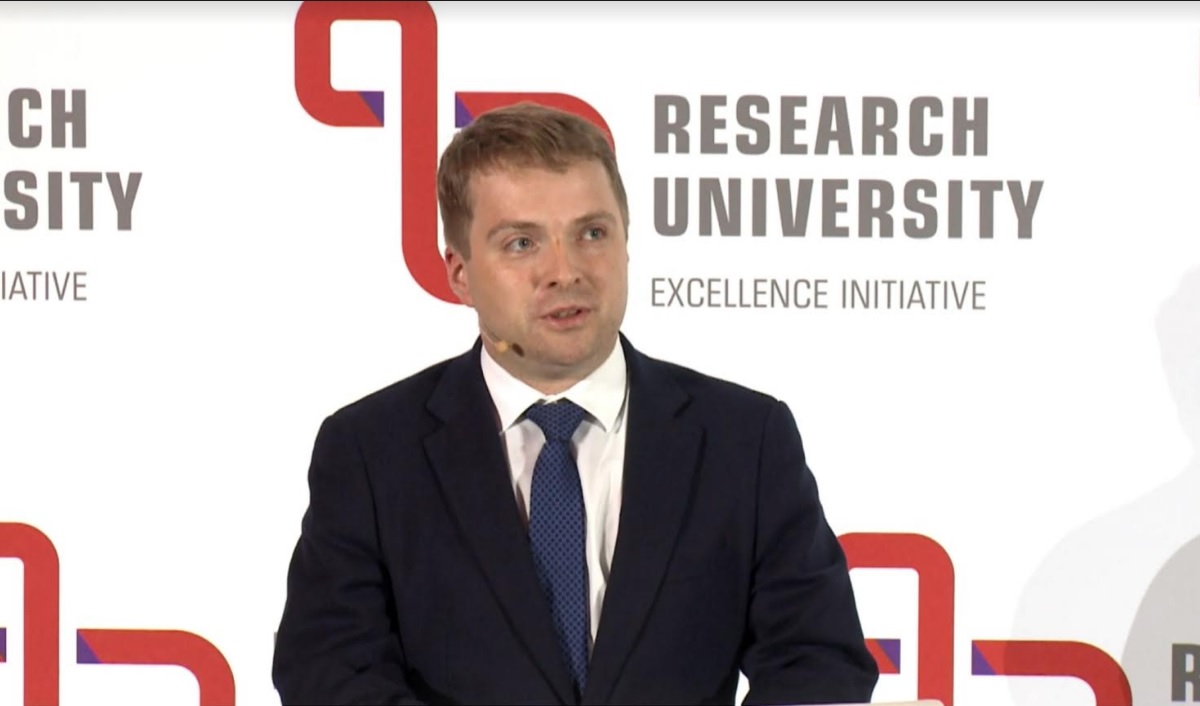
Bartlomiej Banaszak holds a position of a deputy director of the European Affairs Department in the Polish Ministry of Economic Development Labour and Technology.
Between 2011 and 2021 Bartłomiej Banaszak worked in the Ministry of Science and Higher Education where he i.a. held a position of a director of the Department of Science (2019-2021). We was a member of a ministerial drafting group for the new law on higher education and science. He was responsible for implementation of the new „Excellence Initiative-Research University” programme and a new model of doctoral training. Bartlomiej Banaszak represented MSHE in the Bologna Follow-up Group. He was also a co-chair of working groups in the framework of the European Higher Education Area: the Working Group on Fostering Implementation of Agreed Key Commitments (2015-2018) and Working Group on Structural Reforms (2012-2015).
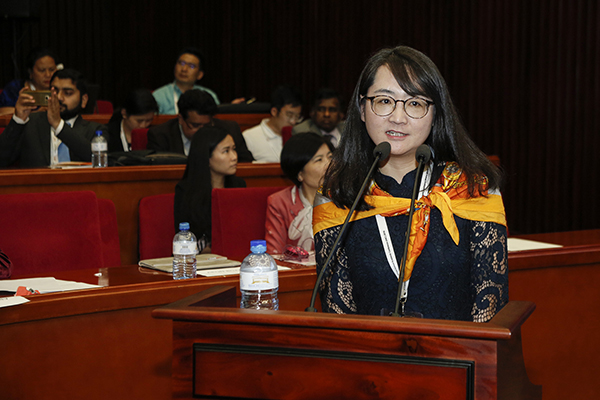
Dr. Rui Zhang, Associate Professor of Hangzhou Dianzi University, Chinese Academy of Science and Education Evaluation. Dr. Rui Zhang got her PhD. Degree from Wuhan University, China, majored information resources management. She was a visiting scholar of Indiana University, USA in 2013-2014. She now works in Hangzhou Dianzi University in China, and is the director of the Evaluation Center for World First Class Universities and Disciplines. She has published more than 20 Chinese and English papers, articles, book chapters and reports in the areas of higher education evaluation and rankings, information management, knowledge management and scientific evaluation in local and international referred journals.
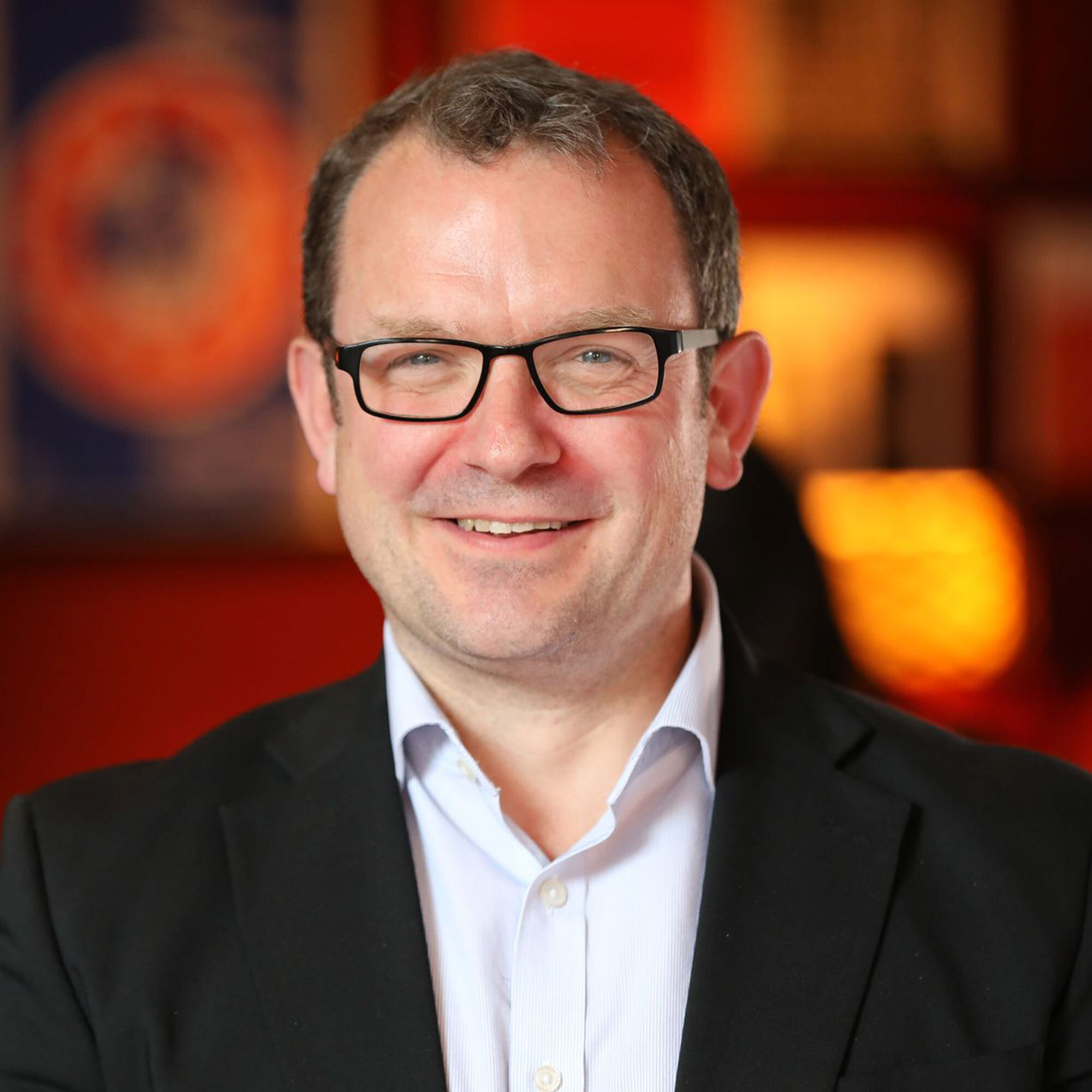 Ben joined QS in 2002 and has led institutional performance insights function of QS since its emergence following the early success of the QS World University Rankings®. His team is, today, responsible for the operational management of all major QS research projects including the QS World University Rankings® and variants by region and subject. Comprising over 60 people in five international locations, the team also operate a widely adopted university rating system – QS Stars – and a range of commissioned business intelligence and strategic advisory services.Ben has travelled to over 50 countries and spoken on his research in almost 40. He has personally visited over 50 of the world’s top 100 universities amongst countless others and is a regular and sought after speaker on the conference circuit.Ben is married and has two sons; if he had any free time it would be spent reading, watching movies and skiing.
Ben joined QS in 2002 and has led institutional performance insights function of QS since its emergence following the early success of the QS World University Rankings®. His team is, today, responsible for the operational management of all major QS research projects including the QS World University Rankings® and variants by region and subject. Comprising over 60 people in five international locations, the team also operate a widely adopted university rating system – QS Stars – and a range of commissioned business intelligence and strategic advisory services.Ben has travelled to over 50 countries and spoken on his research in almost 40. He has personally visited over 50 of the world’s top 100 universities amongst countless others and is a regular and sought after speaker on the conference circuit.Ben is married and has two sons; if he had any free time it would be spent reading, watching movies and skiing.
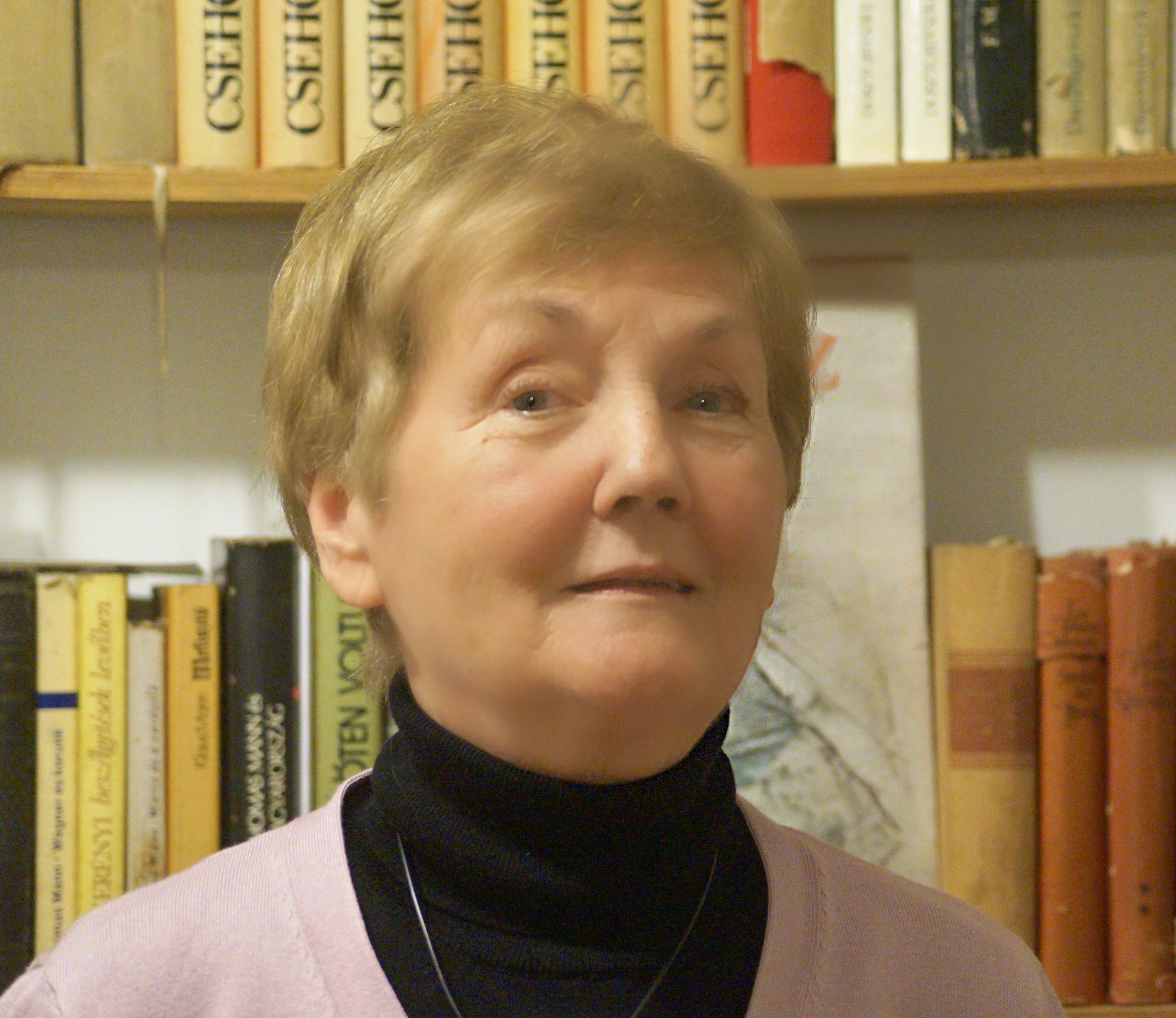
Ildikó Hrubos, professor emeritus, Corvinus University of Budapest. Former dean of the Faculty of Social Sciences, vice-rector for education, co-director of the Center for International Higher Education Studies. Sociologist, higher education researcher. Mail fields of research activities: expansion and diversification in higher education, higher education reforms in developed countries, Bologna-implementation
 Anna Urbanovics is a PhD student at Doctoral School of Public Administration Sciences of the University of Public Service, and studies Sociology Master of Arts at the Corvinus University of Budapest. She is graduated in International Security Studies Master of Arts at the University of Public Service. She does research in Scientometrics and International Relations.
Anna Urbanovics is a PhD student at Doctoral School of Public Administration Sciences of the University of Public Service, and studies Sociology Master of Arts at the Corvinus University of Budapest. She is graduated in International Security Studies Master of Arts at the University of Public Service. She does research in Scientometrics and International Relations.
She is currently the President of the Doctorates’ Council at the University of Public Service and the President of the Public Administration Department of the Association of Hungarian PhD and DLA Students.
András Telcs, PhD. head of the Budapest Ranking Research Group (BRRG) , affiliated to the Hungarian Academy of Sciences, professor at the hosting institute, University Pannonia. Scientific advisor at the Wigner CFP of ELKH. He is mathematician by original education and has a wide range of research activity covering methodology research in social sciences, in particular university ranking, economy, social networks, scientometrics as well as theoretical research in probability theory and application in different fields of science, like environmental science, neuroscience.
Prof. Raman is Director for Center for Accreditations, Rankings & Eminence in the Office of Vice Chancellor, at Amrita University, India
Prof. Raman has over 30 years of executive management experience at variety of fortune 500 companies including 15 years at Amrita. As Principal Investigator for multiple research projects, Prof. Raman has raised over $4.6m in research funding with over 60 publications. Prof. Raman’s main research focus is in the areas of adaptive learning environments, Diffusion of ICT Innovations in Socio-technical systems, studies of world-class universities, prediction models for rankings, Internationalization of higher education etc.
Prof. Raman is frequently invited as speaker at forums like QS Edudata Summit, world’s premium forum for data-driven educators; Annual Academic Summit for the advancement of University Excellence organized by QS; Elsevier Research connect forum; iREG – Observatory on Academic Ranking & Excellence; University Ranking forum of South Korea; Higher Education Sustainability Initiative at United Nations, USA
As CEO of Amrita Technologies Ltd., Prof Raman led a healthcare technology start up that developed a patented and CCHIT certified Electronic Medical Record (EMR) System with global customer base. Prior to joining Amrita, he was an Entrepreneur-in-Residence at NEC Research Labs USA, raising over $26m in venture funding leading to new start-ups.
Prof. Raman holds an MBA from Haas School of Business, UC Berkeley and is the recipient of President of India gold medal. He serves on the board of director for Amrita Technology Business Incubator and is the past chair of IEEE Education Society Chapter, India.

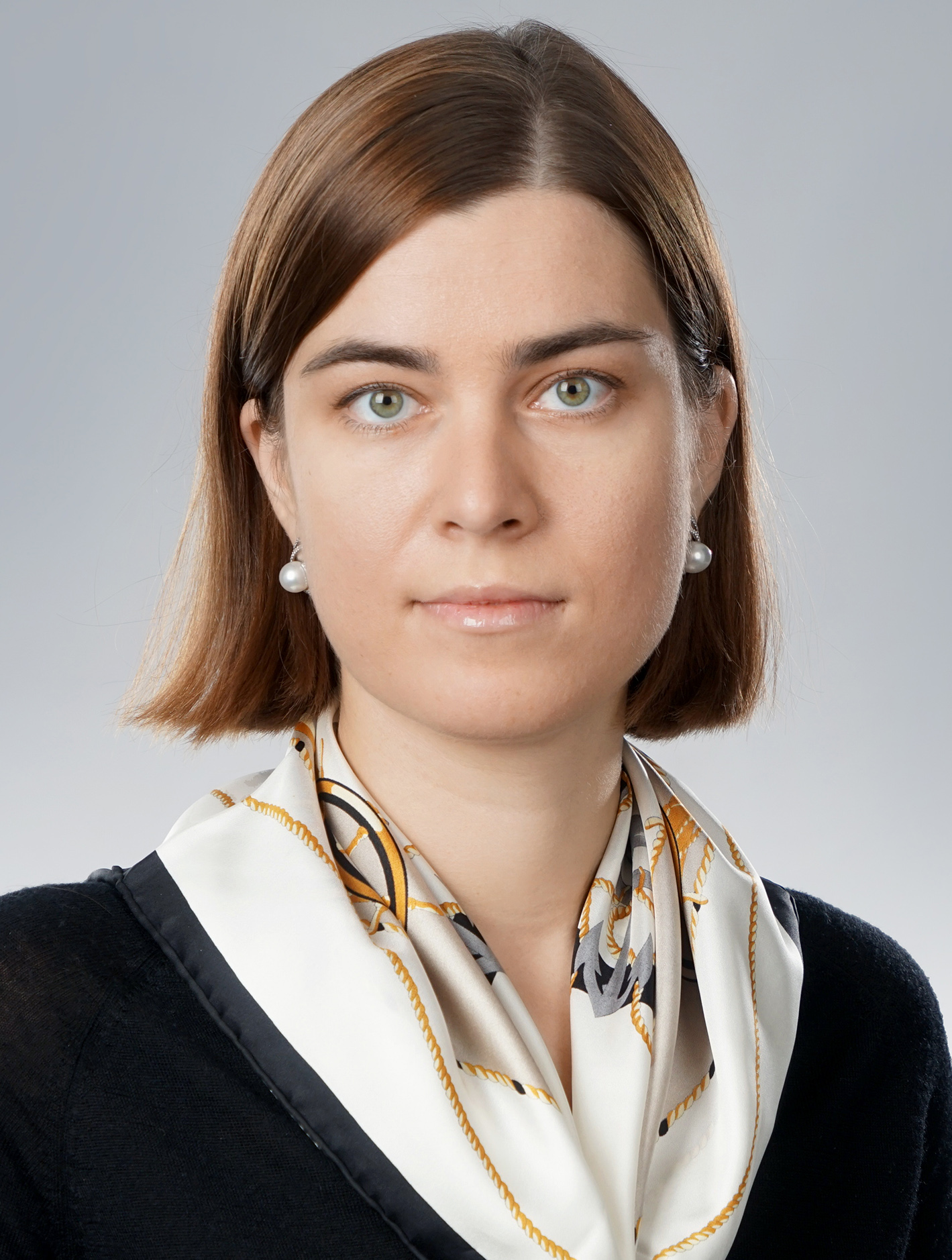
Svetlana Grishankova is the Managing director of Rating-Agentur Expert RA GmbH since 2013. She holds BSc degrees from the Higher School of Economics in Moscow and University of London, as well as MSc degree in Finance and Economics from the London School of Economics. Svetlana has been working in private equity in London and following that held leading positions in a number of investment projects in fields of construction, real estate, retail and IT with wide geographic scope (UK, Switzerland, Germany, Russia). She was managing the rating activity in Europe of RAEX (Moscow) and then fully involved in the foundation of Rating-Agentur Expert RA GmbH in Frankfurt being responsible for the strategy and development of the agency, including its process of obtaining ESMA registration.
Rating-Agentur Expert RA GmbH (RAEX-Europe) is an independent European Credit Rating Agency, affiliated with the international group RAEX, which has more than 20 years of experience in rating and analytical industry. The Agency is registered by ESMA (European Securities and Markets Authority) and received ECAI status (External Credit Assessment Institution) in 2015. The head office of the Agency is located in Frankfurt am Main. RAEX-Europe assigns classic credit ratings according to the international scale as well as non-credit ESG ratings (environmental, social & governance). The Agency also issues the ESG rankings, Green Bond Second Opinions, as well as organizes business events and meetings.
László Palkovics was born in 1965 in Zalaegerszeg, Hungary.
He started his studies in 1984 at the Budapest University of Technology and Economics, Faculty of Transportation Engineering, where he received his master’s degree in engineering. Between 1989 and 1991 he participated in the scholarship program of the Committee of Scientific Qualifications of the Hungarian Academy of Sciences (HAS), where he obtained his PhD degree. He started working as Assistant Lecturer at the Budapest University of Technology and Economics, Faculty of Transportation Engineering, Department of Automobiles as Assistant Lecturer. In 1994 he was appointed associate professor and head of the department, which he led until 2002. In 2000 he became Research Fellow of the HAS Institute for Computer Science and Control (SZTAKI).
In 2007 he was elected Corresponding Member and in 2013 Member of HAS.
In 2009 he was elected Vice-rector of the College of Kecskemét, where his tasks included the organisation of the accreditation of the vehicle engineering study program, the establishment of the new Department of Vehicle Engineering and the implementation of the unified curriculum development together with the Faculty of Transport and Vehicle Engineering of the Budapest University of Technology and Economics.
In 2010 he worked as Research Professor at the Széchenyi István University. In 2012 he restored his status to the Budapest University of Technology and Economics, where at the Faculty of Transportation Engineering and Vehicle Engineering he became the Head of the Department of Automobiles and Vehicle Manufacturing created by the integration of the Department of Automobiles and the Department of Vehicle Manufacturing and Repairing.
He gained extensive experience in the corporate sector when in 1995 he became Development Director of the Hungarian subsidiary of Knorr-Bremse. Between 2001 and 2003, he was the European Electronic Development Director of the same company in Germany, and later he was promoted to European Research and System Development Director.
From 2014 he served as Minister of State for Higher Education and from 2016 as Minister of State for Education of the Ministry of Human Capacities.
Since May 2018 he has been Minister of the newly established Ministry for Innovation and Technology.
Since May 2019 he has been responsible as Government Commissioner for the coordination of the tasks related to the modernization of Hungarian section of the Budapest-Belgrade railway line.
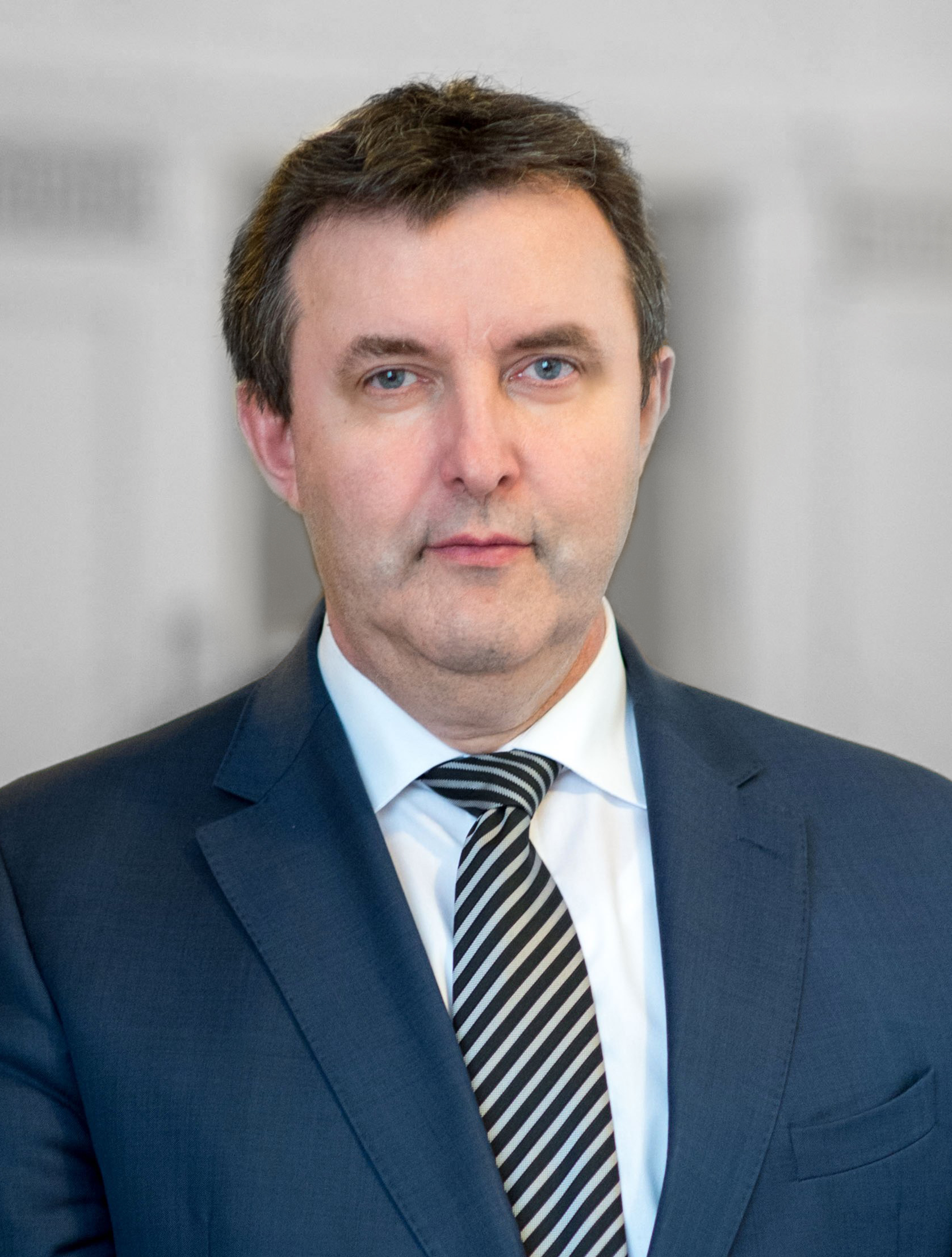 Since 1 February 2019 Minister Palkovics as Government Commissioner has been responsible for the coordination of the tasks prescribed in Act XXIV of 2016 on the promulgation of the Agreement between the Government of Hungary and the Government of the People’s Republic of China on the development, implementation and financing of the Hungarian section of the Budapest-Belgrade Railway Reconstruction Project.
Since 1 February 2019 Minister Palkovics as Government Commissioner has been responsible for the coordination of the tasks prescribed in Act XXIV of 2016 on the promulgation of the Agreement between the Government of Hungary and the Government of the People’s Republic of China on the development, implementation and financing of the Hungarian section of the Budapest-Belgrade Railway Reconstruction Project.
László Borhy graduated in Archaeology from the Faculty of Humanities, Eötvös Loránd University, Hungary, in 1988, and received his PhD in Roman Provincial Archaeology from the same university in 1996. His research focuses on Archaeology and History of Roman Pannonia, Latin Epigraphics, Roman Military History, Roman Arts and Sources of Later Roman Military History. Prof. Borhy has published nearly 100 papers in the field of Roman Archaeology. Currently, he is professor of archaeology at ELTE. Between 2015-2017 he served as Dean of the Faculty of Humanities, since August of 2017 he is Rector of ELTE. Since 2018 he is Member of the Hungarian Academy of Sciences. He was awarded the Széchenyi Prize in 2020. He is the President of the Hungarian Rectors’ Conference.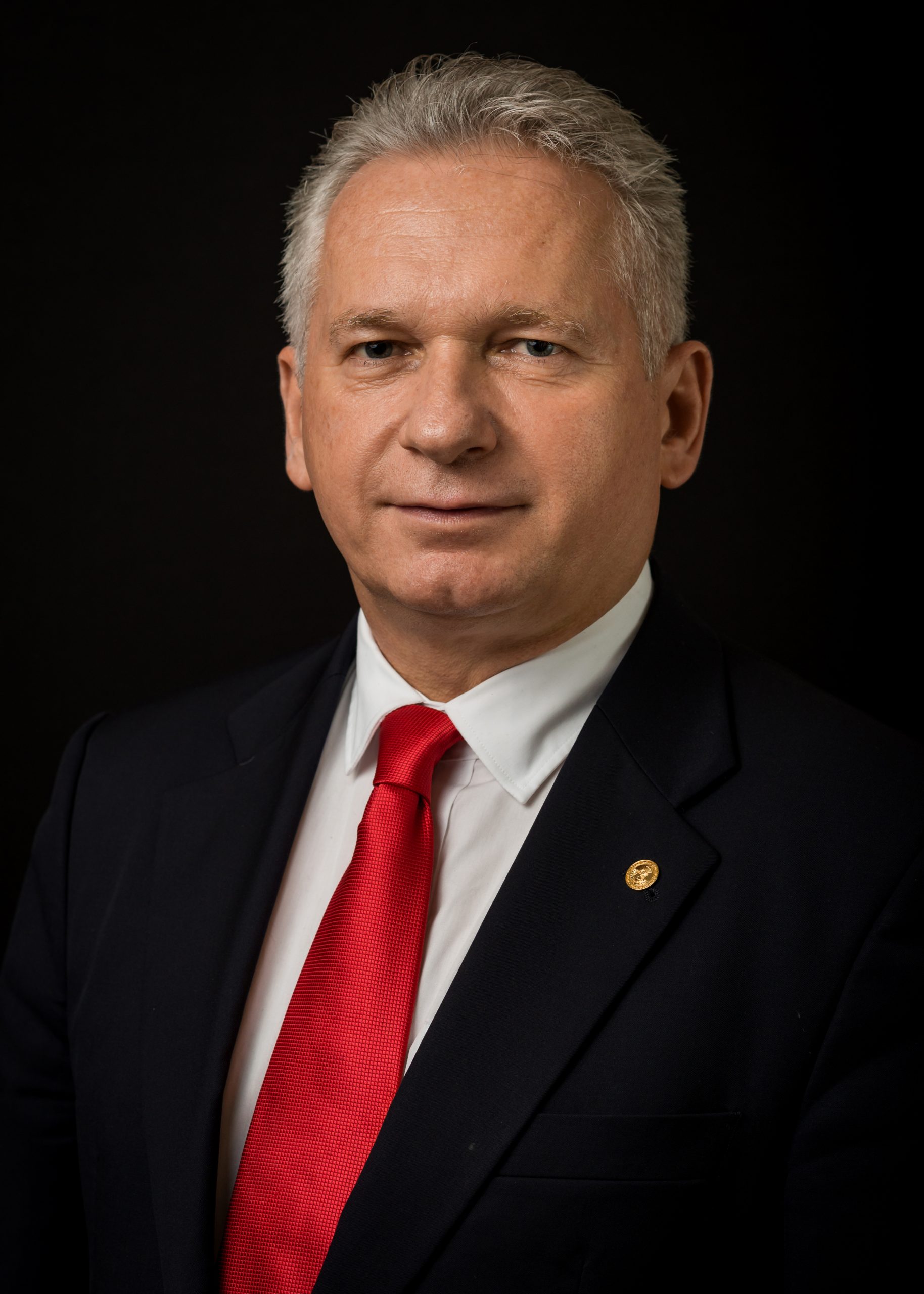
Robert Morse is chief data strategist for U.S. News & World Report and has worked at the company since 1976. He develops the methodologies and surveys for the U.S. News annual rankings for: Best Global Universities, Best Colleges, Best Graduate Schools and Best High Schools. He is constantly keeping an eye on higher-education trends to make sure the rankings offer prospective students the best analysis available. He is one the founding members of IREG and has been a speaker at many conferences in the U.S. and globally. Morse Code: Inside the College Rankings, his blog, provides deeper insights into the methodologies and is a forum for commentary and analysis of college, grad and other rankings.
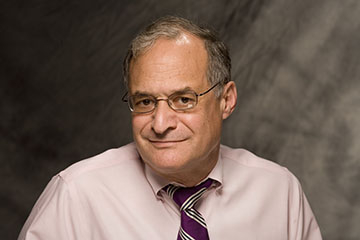
LUIZ CLÁUDIO COSTA full Professor and Former rector of University Federal of Viçosa, Brazil. Member of the Brazilian NationalCouncil for Education (2011-2012). Vice President of the Pisa Board (Program for International Student Assessment) of OECD, from 2012 to 2016. Brazilian Secretary of Higher Education (2011–2012); Presidentof the National Institute of Educational Studies and Research Anísio Teixeira (INEP) from2012 to2014. Vice-Minister of Education from 2014-2016; Minister of Education between March and April 2015. Academic Vice Rector of IESB University, since 2017. President of IREG Observatory on Academic Ranking and Excellence since May 2018
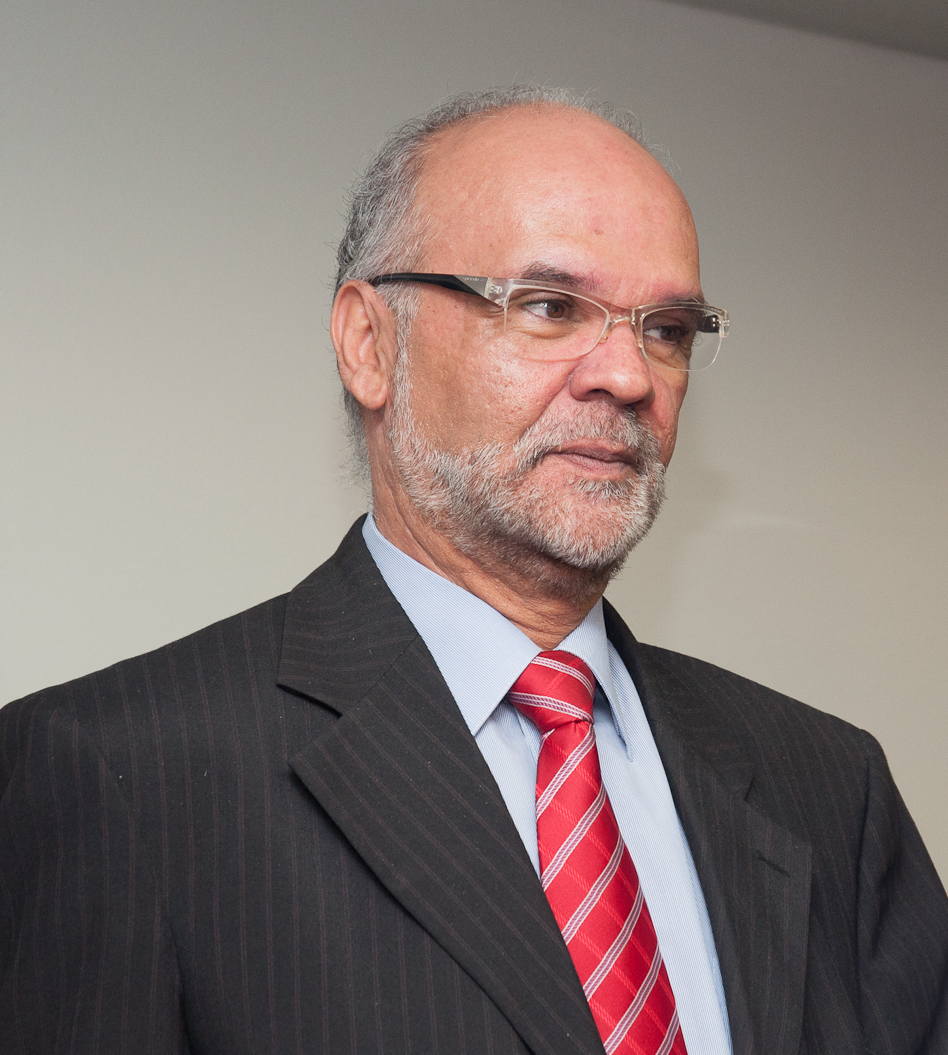
László Gulácsi works as an acting Vice Rector for Research, and a professor at Health Economics Research Centre, University Research and Innovation Center, Óbuda University of Budapest, Hungary. He also works as a professor at Advanced Study Center, Corvinus University of Budapest. He is a member of the Standing Committee of Pharmacy, Hungarian Academy of Science.
By profession he is a physician (Debrecen Medical University), having university degrees of programming mathematics (Kossuth Lajos University of Arts and Sciences, Debrecen), mathematical economics and sociology (Corvinus University of Budapest) and health economics (University of York).
He received PhD degrees from the Medical University of Amsterdam, Corvinus University of Budapest, Semmelweis Medical University in Budapest and from the Debrecen Medical University. He is qualified in social medicine. Habilitated and he is a Doctor of the Hungarian Academy of Science.
He is a member of the Editorial Board of the European Journal of Health Economics (EJHE), the Value in Health Regional Issues (ViHRI) Editorial Advisory Board, the Editorial Board of the Hungarian Medical Journal, and the Society and Economy, Health Academy, University of Pécs, Clinical Dermatology Open Access Journal, Associate Editorial and peer reviewer of Dove Medical press journals. 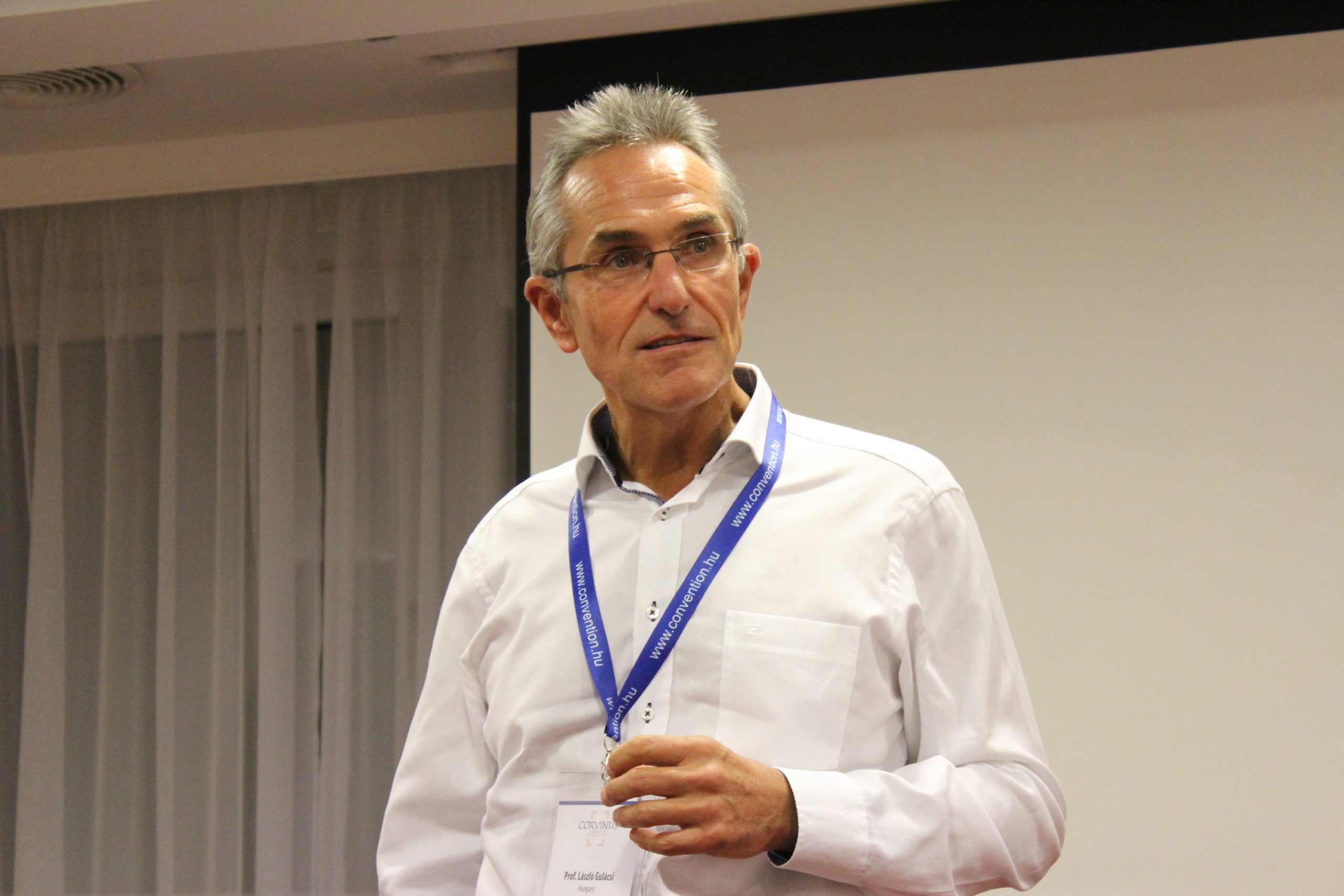 He is the past President of the Health and Health Care Economics Section of the Hungarian Economics Association.
He is the past President of the Health and Health Care Economics Section of the Hungarian Economics Association.
Wolfgang Glänzel is Director of the Centre for R&D Monitoring (ECOOM) and Full Professor at KU Leuven. He is also affiliated with the Dept. Science Policy & Scientometrics at the Library of the Hungarian Academy of Sciences in Budapest (Hungary). Wolfgang Glänzel studied mathematics at the Eötvös Lorand University (ELTE) in Budapest. He holds a doctorate in mathematics from ELTE obtained in 1984 as well as a PhD in the Social Sciences obtained from Leiden University (Netherlands) in 1997.
He worked about twenty years at the Library of the Hungarian Academy of Sciences before he moved to Leuven (Belgium) in 2002, where he works and lives at present. He is also Guest Professor at several Universities in China and the UK.
His research activities comprise probability theory and mathematical statistics, quantitative science studies and research policy. In the field of probability theory he has published on the characterisation of probability distributions, in quantitative science studies and research policy his research is mainly focussed on models of scientific communication, the development of scientometric indicators, the analysis of co-authorship patterns and research collaboration, the structural-cognitive mapping of science, bibliometrics-aided retrieval and the measurement of research performance at various levels of aggregation. Wolfgang Glänzel has published numerous journal articles, proceedings, and book chapters and co-authored/co-edited several books. He was Alexander von Humboldt Fellow for two years in Germany.
In 1999 he received the international Derek deSolla Price Award for outstanding contributions to the quantitative studies of science.
He is Secretary-Treasurer of the International Society for Scientometrics and Informetrics (ISSI) and Editor-in-Chief of the Society’s Newsletter. Wolfgang Glänzel is Editor-in-Chief of the international journal Scientometrics since 2014 and Academic Editor of the multidisciplinary OA journal PLoS ONE since 2013.

Richard Holmes holds master’s degrees from the Universities of Cambridge and Surrey and a doctorate from Binghamton University SUNY. He has worked at colleges and universities in the USA, Nigeria and Malaysia and his work in applied linguistics has been published in journals such as English for Specific Purposes, ITL Review of Applied Linguistics and the Hong Kong Journal of Applied Linguistics. He is editor of the blog University Ranking Watch and works for the International Ranking Expert Group. He has written on rankings for a variety of regional and international media outlets and has presented at academic conferences including the University of Bologna, Ural Federal University, Qatar University and Wuhan University.
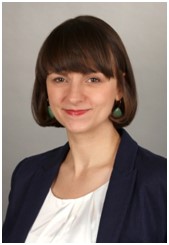 Based in Berlin, Zuzanna Gorenstein is Head of Project of the German Rectors’ Conference (HRK) service project “International University Rankings” since 2019. Her work at HRK encompasses the conceptual development and implementation of targeted advisory, networking, and communication measures for German universities’ ranking officers. Before joining the HRK, Zuzanna Gorenstein herself served as ranking officer of Freie Universität Berlin.
Based in Berlin, Zuzanna Gorenstein is Head of Project of the German Rectors’ Conference (HRK) service project “International University Rankings” since 2019. Her work at HRK encompasses the conceptual development and implementation of targeted advisory, networking, and communication measures for German universities’ ranking officers. Before joining the HRK, Zuzanna Gorenstein herself served as ranking officer of Freie Universität Berlin.
Professor at the International Centre for Higher Education Research (INCHER-Kassel), University of Kassel (Germany), 1978-2013, and director for 16 years. Diploma and Dr. phil. in sociology; initial employment at Max Planck Institute for Educational Research, Berlin. Extended activities, as visiting professor or in other functions, in Japan, the Netherlands and the U.S., as well as additionally in Argentina, Austria, Belgium, China, Finland, Norway, UK and at other German universities. Research on graduate employment and work, higher education systems in comparative perspective, academic profession, and internationalisation of higher education. About 1,500 publications – among them more than 500 each in English and German as well as about 300 translations into other languages; about 1,500 contributions to conferences, and about 1,000 visits to more than 80 countries. Coordinating and/or honourable functions in International Academy of Education (IAE), Academia Europaea, Consortium of Higher Education Researchers (CHER), EAIR, Society for Research into Higher Education (SRHE), and Gesellschaft für Hochschulforschung (the society for research on higher education in the German-speaking countries); Dr. h.c. of University of Turku. teichler@incher.uni-kassel.de
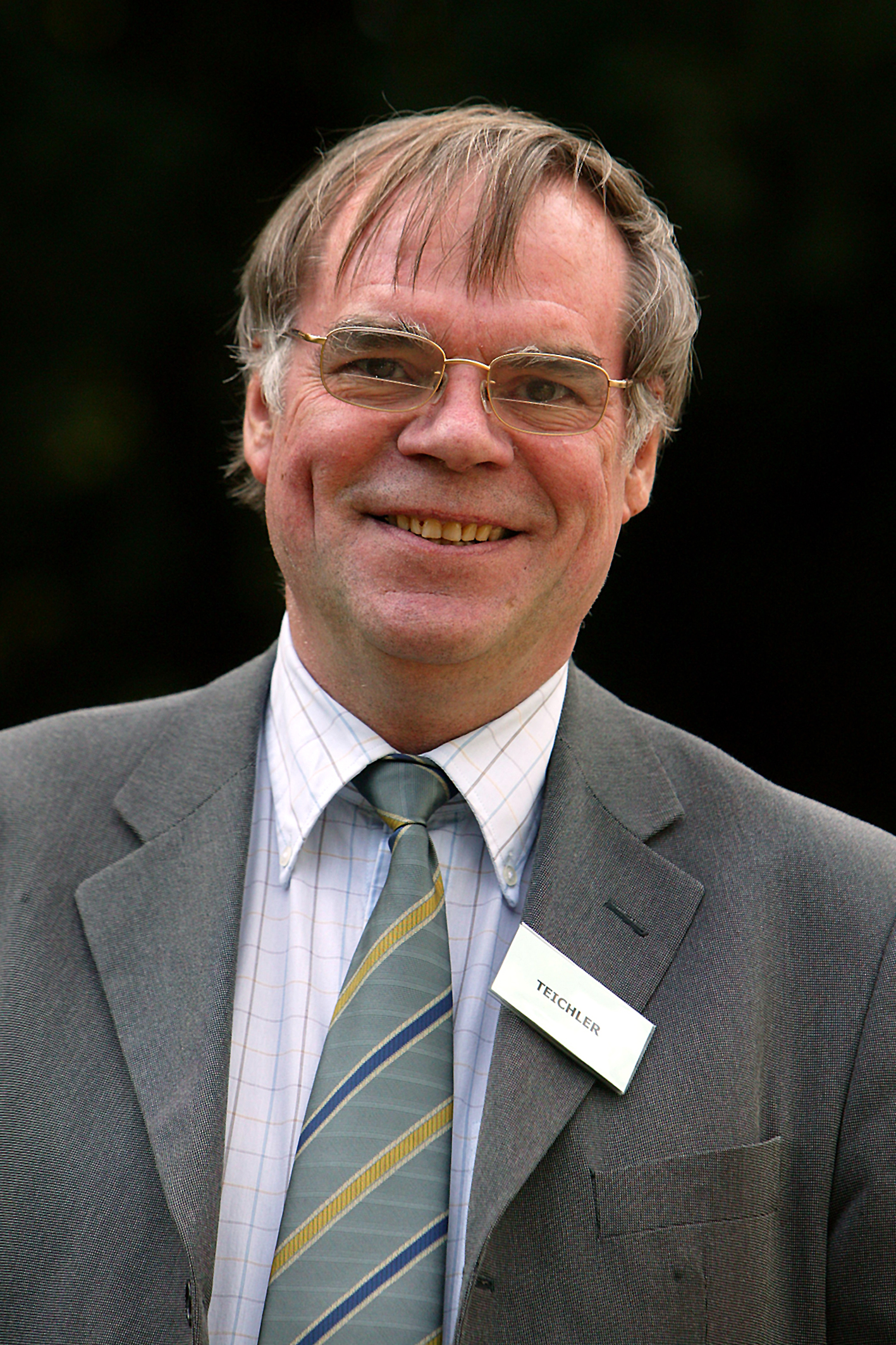
Dr. Péter Érdi serves as the Henry R. Luce Professor of Complex Systems Studies at Kalamazoo College. He is also a research professor in his home town, in Budapest, at the Wigner Research Centre of Physics. In addition, he is the founding co-director of the Budapest Semester in Cognitive Science, a study abroad program. Péter is a Member of the Board of Governors of the International Neural Network Society, the past Vice President of the International Neural Network Society, member of the IEEE Computational Intelligence Society Curriculum Subcommittee, and among others as the past Editor-in-Chief of Cognitive Systems Research. He served as the Honorary Chair of the IJCNN 2019, and now serving as an IJCNN Technical Chair of the IEEE World Congress on Computational Intelligence in Glasgow.
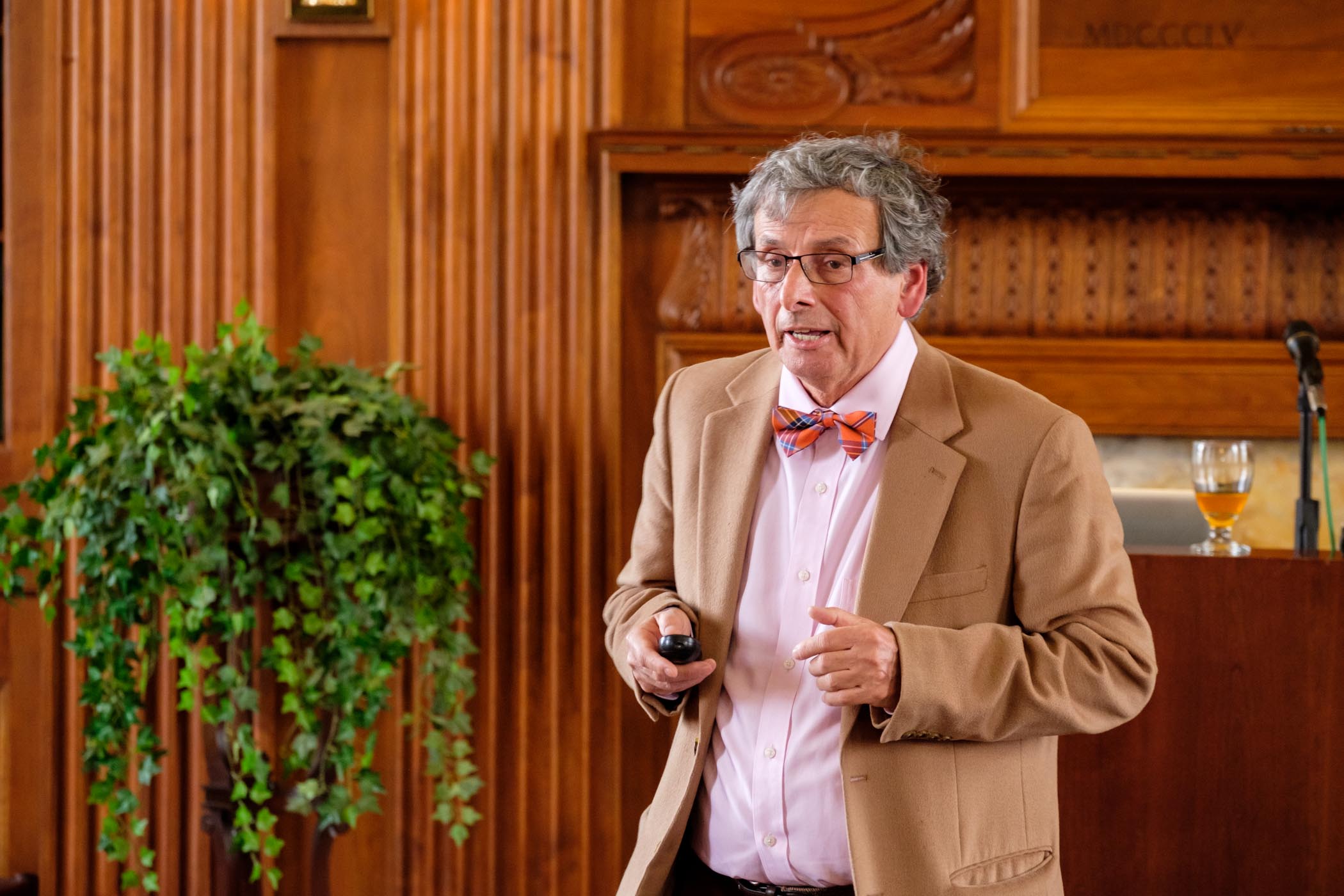 His books on mathematical modeling of chemical, biological, and other complex systems have been published by Princeton University Press, MIT Press, Springer Publishing house. His new book RANKING: The Unwritten Rules of the Social Game We All Play was published recently by the Oxford University Press, and is already under translation for several languages.
His books on mathematical modeling of chemical, biological, and other complex systems have been published by Princeton University Press, MIT Press, Springer Publishing house. His new book RANKING: The Unwritten Rules of the Social Game We All Play was published recently by the Oxford University Press, and is already under translation for several languages.
Regional director at Times Higher Education, consulting universities in Europe and North-America on topics such as performance analysis, reputation management and international recruitment and marketing.

